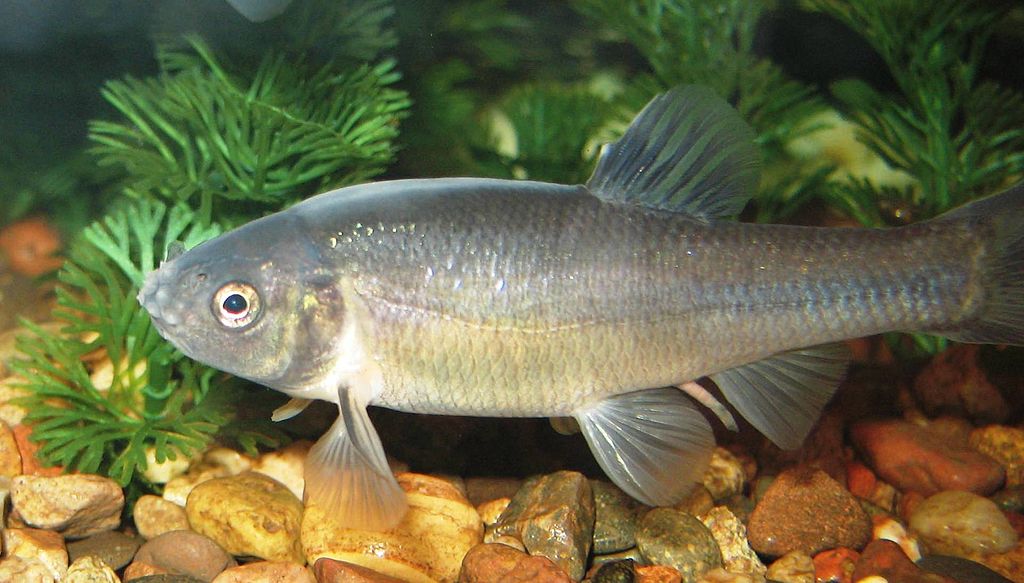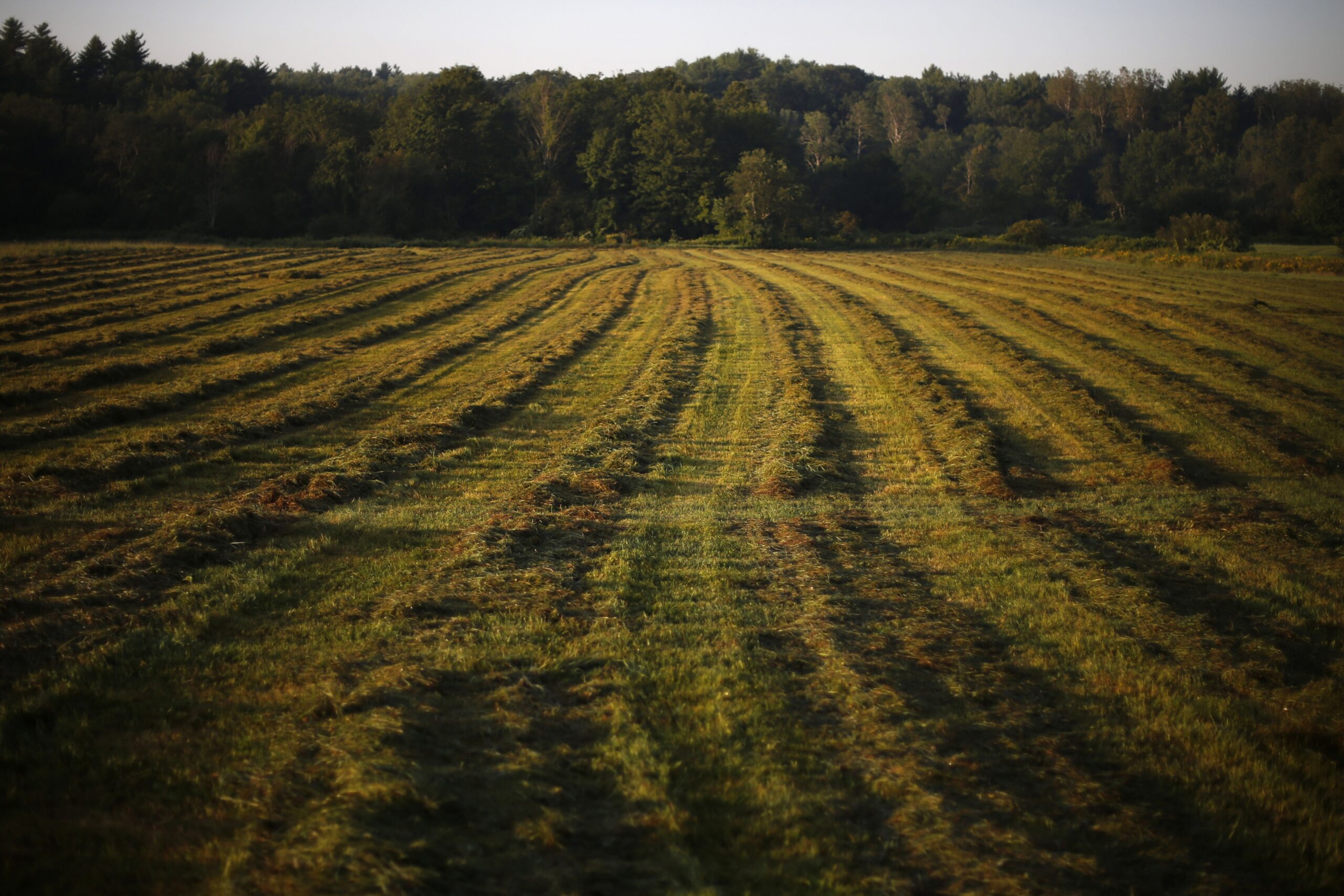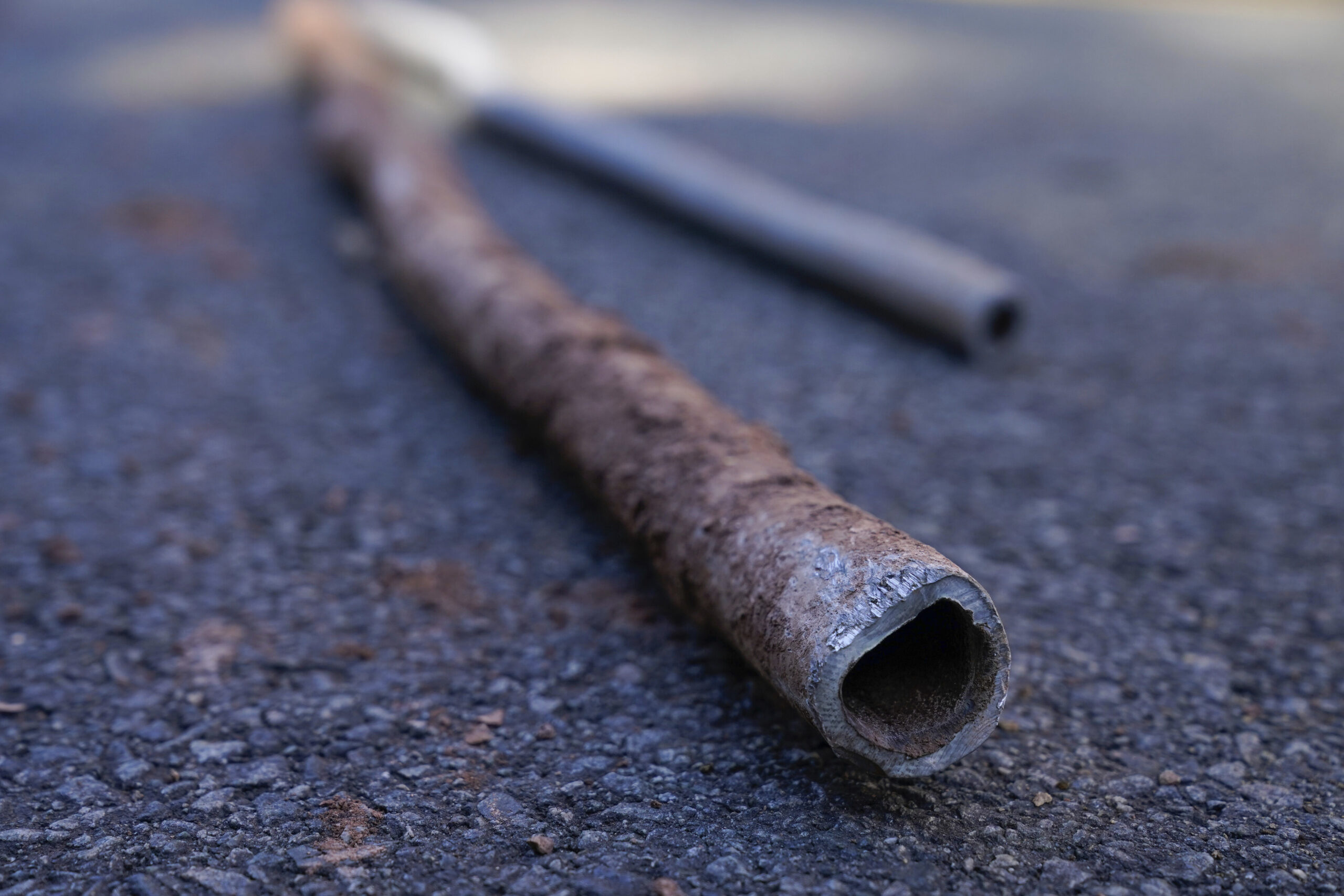Scientists at a health policy forum in Madison this week said more needs to be done to keep chemicals like medication, caffeine, and antibacterial soap out of drinking water.
Barb Bickford from the Wisconsin Department of Natural Resources estimates 13 million pounds of medication and personal care products are sold in Wisconsin annually. She says only 2 percent of that is collected, meaning it doesn’t go into the garbage, or the toilet.
“So for all of our efforts we didn’t collect a whole lot,” she said. “Some of the challenges are destruction: All of the waste that is collected has to be transported outside of the state, because we want to incinerate it and we have no incinerators in Wisconsin.”
News with a little more humanity
WPR’s “Wisconsin Today” newsletter keeps you connected to the state you love without feeling overwhelmed. No paywall. No agenda. No corporate filter.
Chemicals come from a variety of everyday activities: washing flame retardant clothes, using antibacterial soaps or hygiene products with microparticles, and taking prescription drugs.
Dr. Bruce Barrett, a family physician in Verona, said society, in his opinion, has become “pill-happy” to the point we may be causing more harm than good.
“Medications approved by the FDA require some statistical proof of benefit, but they almost universally neglect to properly assess harms,” Barrett said. “The downstream harms of taking pharmaceuticals can be in the environment, can be in the individual, society.”
One such harm is the effect of low levels of Prozac on fathead minnows. University of Wisconsin-Milwaukee’s School of Freshwater Sciences recently did a study indicating behavior changes in the native fish when exposed to the antidepressant. Associate Professor Rebecca Klaper notes the fish “become less interested in going after their prey, and they become very obsessive-compulsive about cleaning their nest, to the point where it decreases their reproduction.”
Klaper says more research is needed before determining which chemicals to regulate.
Wisconsin Public Radio, © Copyright 2025, Board of Regents of the University of Wisconsin System and Wisconsin Educational Communications Board.







